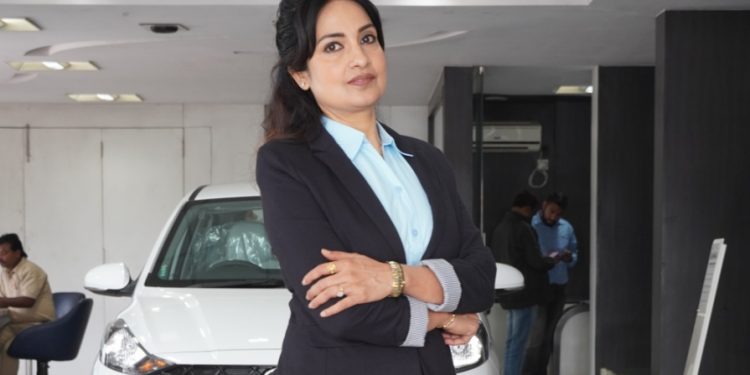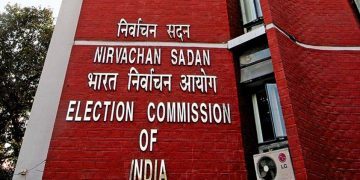What are the major problems the automobile industry is facing now?
All automobile manufacturers are currently facing a shortage of semiconductors. There has been a sudden hike in vehicle prices due to hikes in associated prices and fees at various stages like registration, tax, and insurance among other things. Four companies have stopped operations in our country since 2017. These include GM, Ford, Harley Davidson, and UM Motorcycles. Customers are more and more worried about sustainability as fuel price has been surging throughout the year. Manufacturers are consequently struggling to generate more eco-friendly vehicles and to be more competent in manufacturing. There have been new regulations regarding customer protection, mandatory safety features, old car scrapping policies, which have kept the industry people occupied.
How has been the journey of Koshala Hyundai so far?
It has been a wonderful journey with HMIL with both ups and downs. Mutual cooperation, coordination, and support between the company and the dealership still remain strong, with both trying to provide best services to the customers and employees.
How can the sales/service in automobiles industry be improved?
We can improve sales by building trust with customers, creating social media profiles and participating in groups through Facebook Business Pages, and by providing unique offers to attract customers. We should also take initiatives to share a major portion of the expenditure incurred by the dealer principle and organise events, and mega camps, and invest in things like innovative advertisement strategies. And we can improve supply chains to prevent customers cancelling their bookings. Similarly, to improve service, we can upsell repairs, parts, and accessories, offer extended warranty, and hire people who are genuinely happy to be dealers.
Your take on India’s objective to become a global EV hub by 2026?
Indian automobile industry is the fifth largest in the world and is expected to become the third largest by 2030. Over the last three years, 0.52 million EVs have been registered in India, according to the Ministry of Heavy Industries. The Indian EV industry is slowly gathering momentum, supported by government initiatives and the push from the rise in crude oil prices. However, a mass shift from fossil fuel-run vehicles to EVs requires the expansion of infrastructure facilities, including charging stations and vehicles that could provide a higher mileage. Several initiatives taken by the government to support the manufacturing and adoption of EVs in the country should help in achieving the target of 100 per cent EV adoption by 2030.
How would you reflect on your experience as a dealer principle?
As a proud director of Koshala Hyundai, Rourkela, I have gained my strength and purpose from my employees and our valued customers, thanks to their trust in us. As a reciprocation of love and care for them, I have always tried to encourage them as much and as best as possible. As a special support to our employees and their families, we bear the education expenses of their children for the new academic session. At Koshala Hyundai, we understand the fact that youth are our nation builders. And they must invest in quality education for a brighter future and our responsibility is to support them. As far as our commitment to gender equality is concerned, we encourage equal opportunity for men and women. We believe in women’s empowerment and promoting women’s sense of self-worth, their ability to determine their own choices, and their right to influence social change for themselves and others.
Our initiative of encouraging women in vehicle cleaning services has been greatly appreciated. As a purpose-driven employer, we believe when employees are taken care of at their personal level, they are likely to have stronger job performance, job satisfaction, and commitment to the organisation.






































